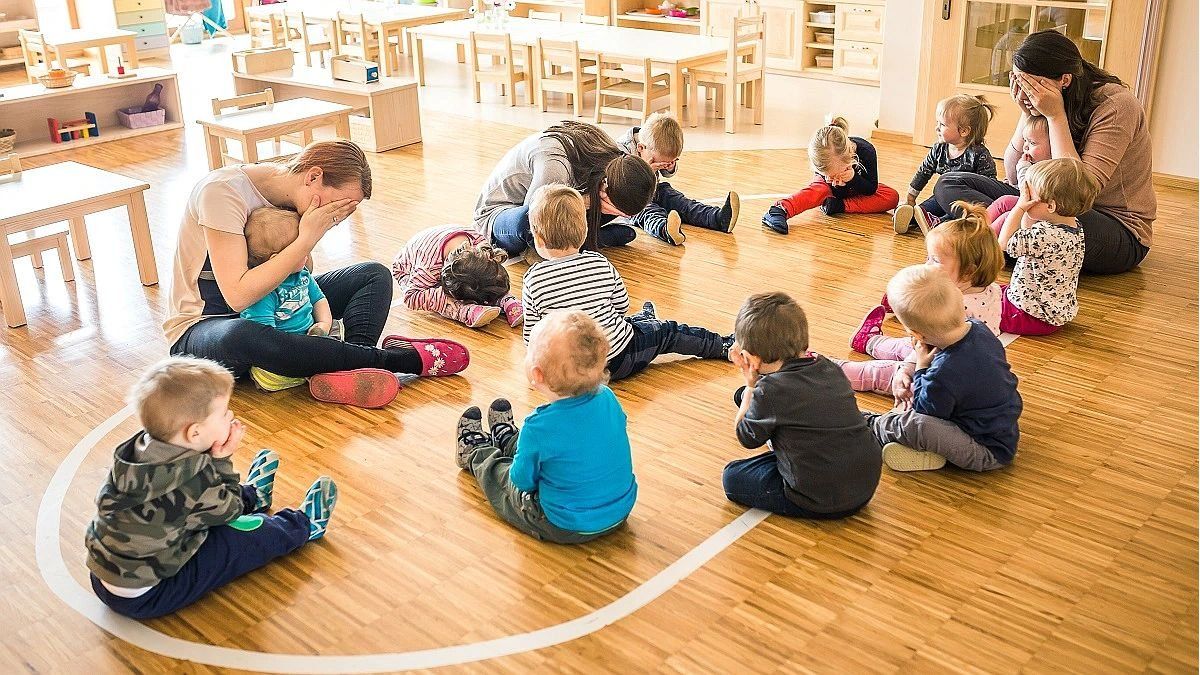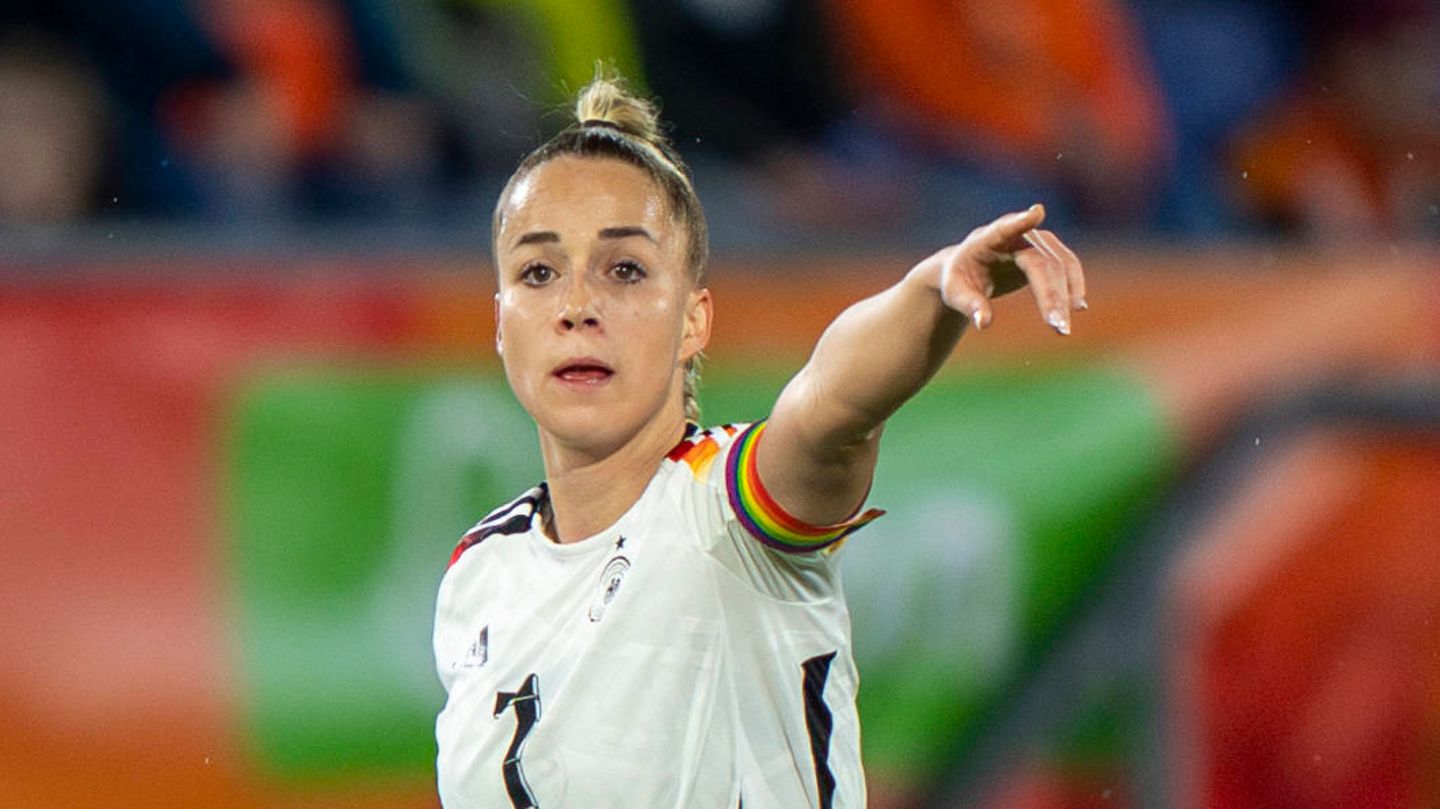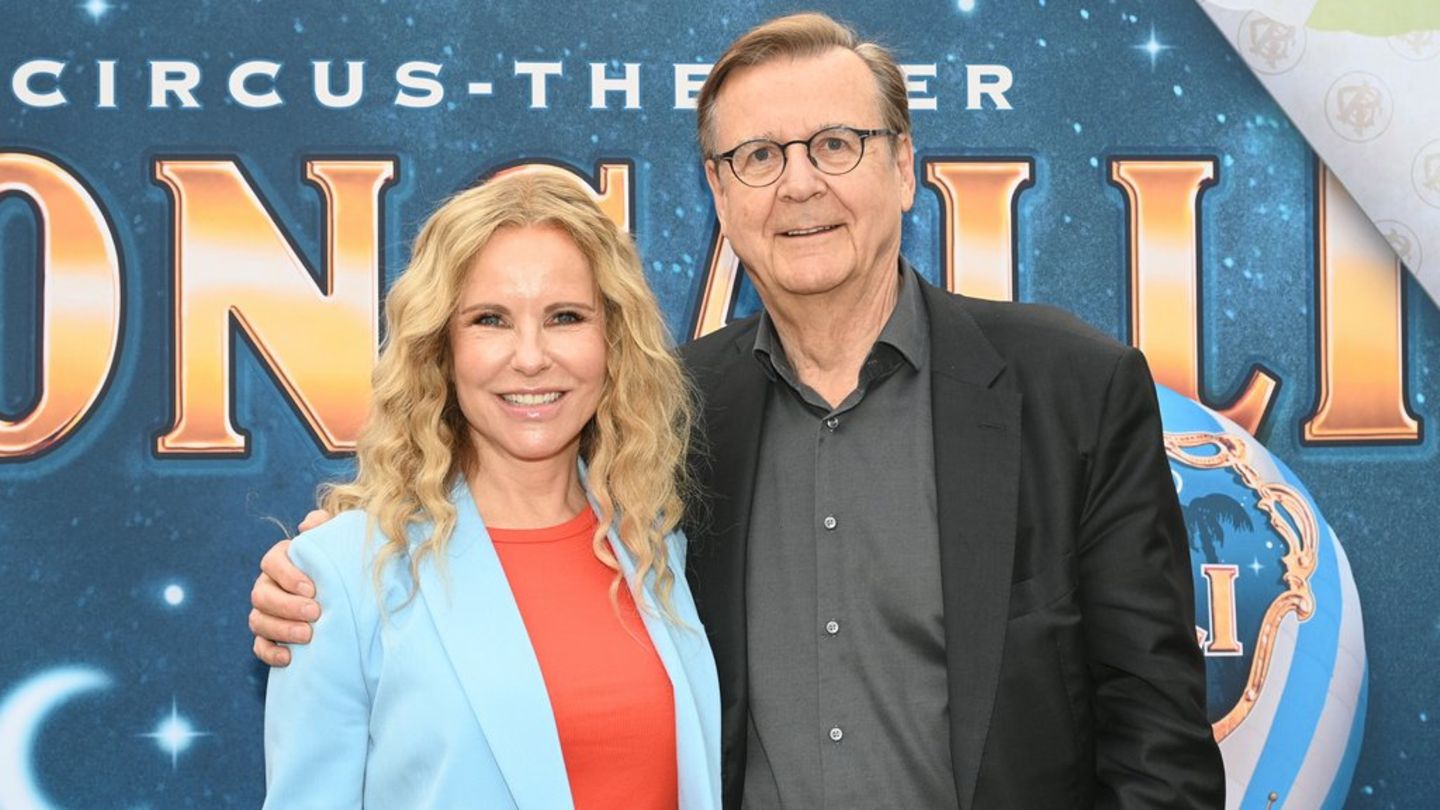In the debate about the educationa fundamental question arises: education, Do you have to prepare students for the future or for the present? This questioning, essential in the educational proposal Montessoriinvites us to reflect on the purpose and focus of our educational systems.
Historically, education has been designed to prepare individuals for the future. Since their origins, schools have trained students to become citizens capable of working in factories, following schedules, completing tasks without question, replicating knowledge, and even being able to vote or perhaps pursue studies.
In more recent stages, Education has evolved to form global citizens who can integrate into the labor market or develop certain specific skills. This tradition has led to the creation of an educational system that is basically a means and that, in many cases, today feels outdated and meaningless.
Education: What is the Montessori approach about?
He Montessori approach, However, it proposes an alternative: observe and respond to the student’s needs in the present. Instead of focusing directly on the future, it is about building an educational environment that is relevant and meaningful to today’s student, and that is what will set them up vigorously for their tomorrow. Observation is a key premise of Montessoriand this observation should guide the creation of didactic-pedagogical experiences adapted to the current needs and powers of students.
Looking to the future is still important, but it should not overshadow the present. The challenges of the future are uncertain due to factors such as artificial intelligence, war and climate problems. However, what we do know is that we will remain human. Therefore, education must focus on training self-sufficient people, capable of knowing and managing themselves, identifying their desires, setting goals and designing plans to achieve them. This approach is not about turning students into efficient robots, but into powerful, sensitive and self-aware individuals.
The preparation of the educational environment is fundamental in the Montessori method. Here, the role of the adult is not to teach master classes, but to create an environment that offers opportunities for learning, autonomy, reflection and conclusions. The teacher becomes a facilitator who prepares an environment instead of a class lesson, creating a workspace where students can challenge themselves, learn from peers, self-manage and develop self-discipline in a safe and friendly environment.
Preparing the environment involves designing work guides with specific goals, methods to achieve them and spaces that allow different rhythms and learning styles. In aMontessori environmentthere is not a single center of attention, but rather multiple workspaces where students can research, collaborate with others and present their learning. This approach allows for a variety of assessment practices, from traditional tests to presentations, group challenges, and creative personal projects.
In conclusion, the Montessori perspective proposes a type of education that focuses on the present, building a system that vitalizes and accompanies students on their path of self-construction. By understanding, planning and self-managing, students can deploy their full potential, not only to meet external expectations of a future that is not yet their own, but to achieve what they themselves expect of themselves along the way.
The educationthen, becomes a tool for integral human development, preparing students to be autonomous and conscious individuals, capable of facing the challenges of the present and the future.
Philosophy teacher, education specialist and secondary level director at Noordwijk Montessori School.
Source: Ambito




